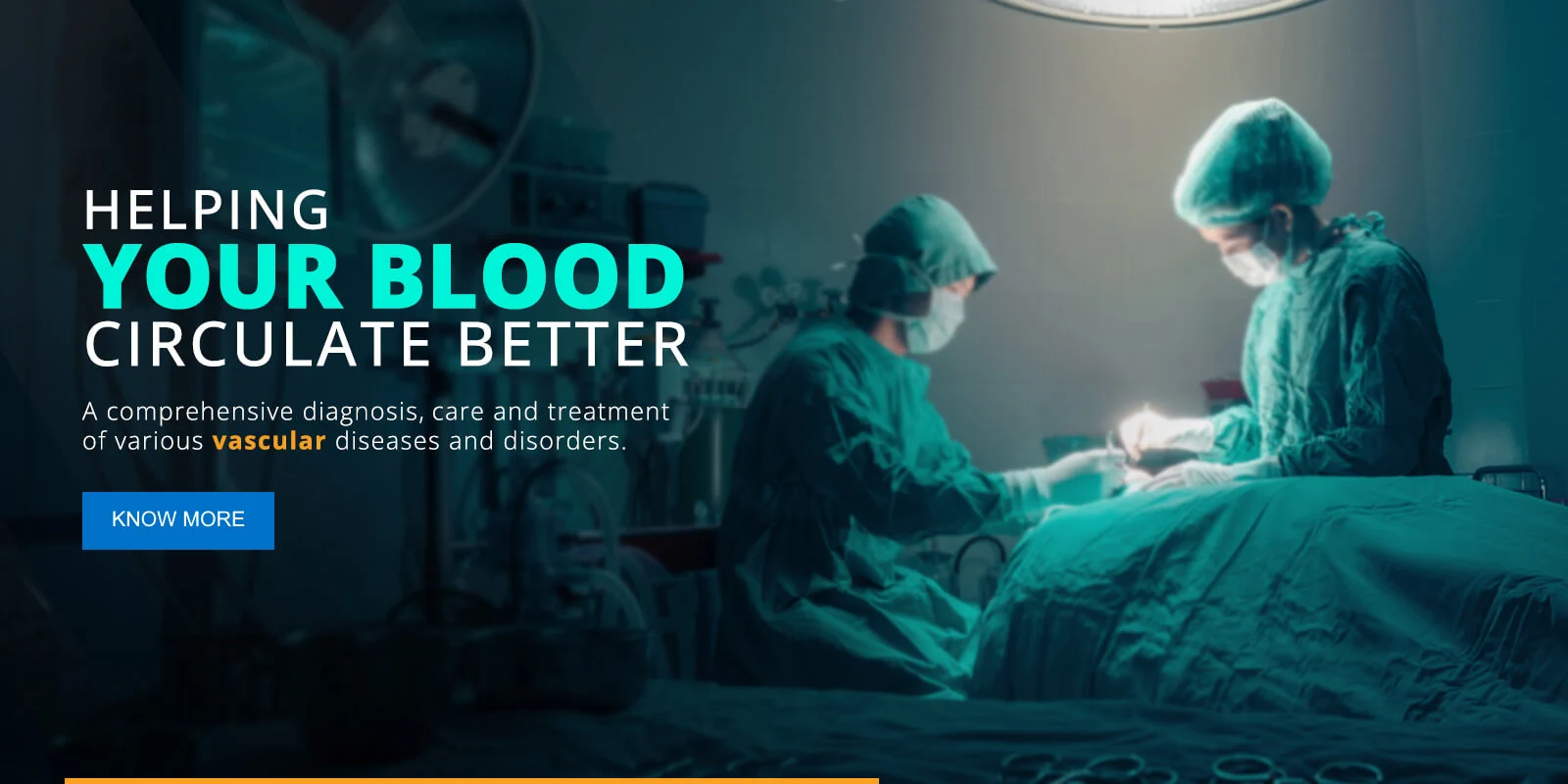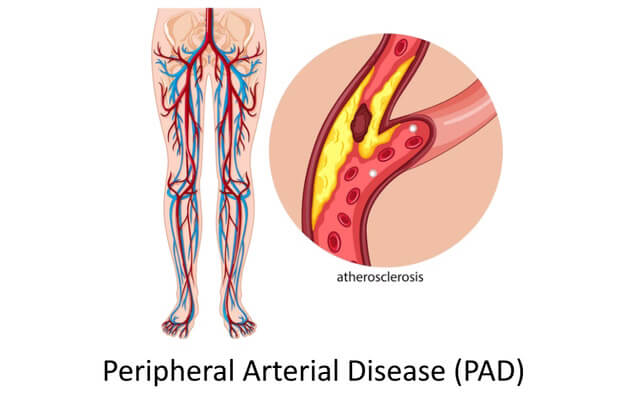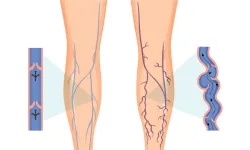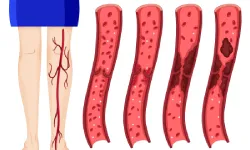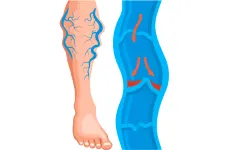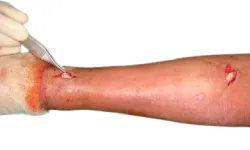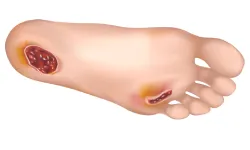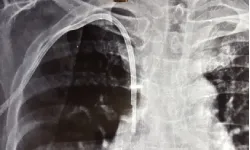Best Vascular Surgeon in Vadodara
Complete Vascular and Endovascular Treatment

It’s frightening when you get diagnosed with a vascular disease, but with Dr.Sumit Kapadia we assure you, that you are in the right hands. Vascular Disease includes conditions that affect your circulatory system.
Contact

-
Appointment
-
Mobile (Vadodara)
-
Mobile (Surat)
-
Email
How it works

our awesome features
About Varicose Veins Surgeon, Dr. Sumit Kapadia

Dr Sumit Kapadia, is a renowned Senior Vascular & Endovascular and Varicose Vein Surgeon. He is a gold medalist from Baroda Medical College, and obtained his general surgical training and senior residency from SSG Hospital, Vadodara. He later underwent super-speciality training in vascular & endovascular surgery from Sir Ganga Ram Hospital, New Delhi, which is one of the top medical institutes in India. Dr Sumit has been a prominent and renowned vascular and endovascular specialist in Vadodara and South Gujarat for the past 16 years.Dr Sumit Kapadia is an acknowledged specialist doctor in Varicose Vein Surgery and Vascular Surgery in Vadodara and Surat. Read More
+
Years of experience
+
Patients treated
+
Surgeries and procedures performed
Rating on Google Reviews

Our mission is to provide comprehensive and cutting-edge medical care to patients with a wide range of vascular and vein conditions.
Varicose Veins Specialist in Gujarat
We offer a full range of diagnostic and treatment options, including minimally invasive procedures, to ensure that our patients receive the best possible outcomes. Our team of experienced Vascular and Endovascular Surgeons, Varicose Vein Surgeons and Specialists is dedicated to providing personalized and compassionate care to each of our patients. Read More
DOCTOR'S MESSAGE
Vascular specialists provide care to patients with diseases or disorders of their blood vessels except the heart or brain. There are very few surgeons in India, trained in this specialty. Medicine is an ever-changing field. Although everyone is aware about ‘heart diseases’, very few know about vascular diseases. In fact, vascular disease kills and cripples almost as many Indians as heart disease or cancer.
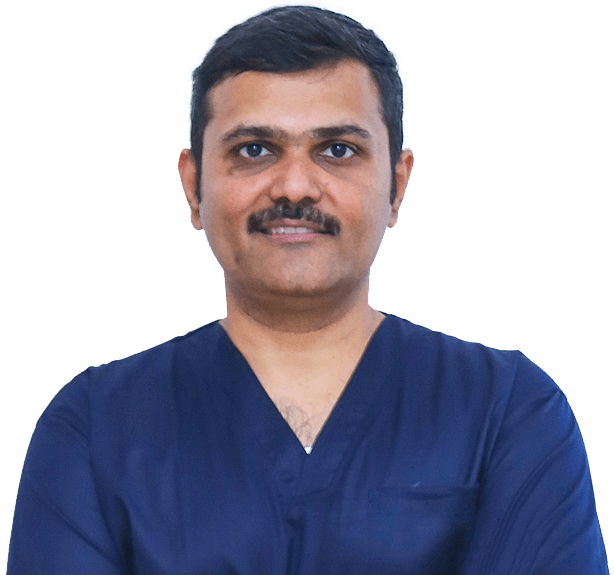
DOCTOR'S MESSAGE
Vascular specialists provide care to patients with diseases or disorders of their blood vessels except the heart or brain. There are very few surgeons in India, trained in this specialty. Medicine is an ever-changing field. Although everyone is aware about ‘heart diseases’, very few know about vascular diseases. In fact, vascular disease kills and cripples almost as many Indians as heart disease or cancer.
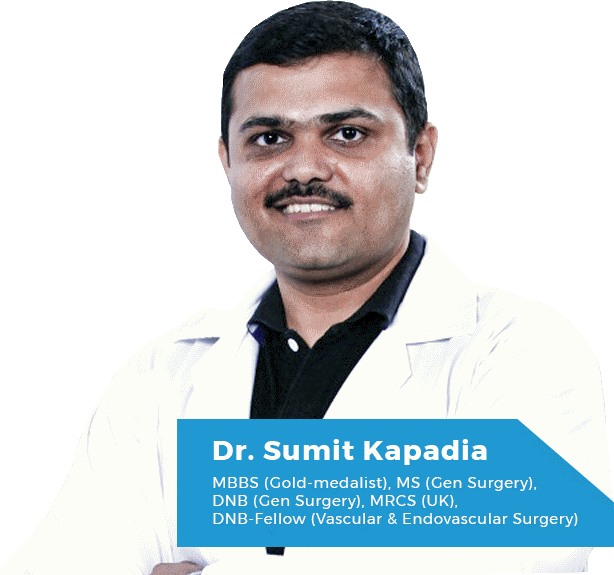

DOCTOR'S MESSAGE
Dr Sumit Kapadia
MBBS (Gold-medalist), MS (Gen Surgery), DNB (Gen Surgery)
MRCS (UK), DNB- Fellow (Vascular & Endovascular Surgery)
Vascular specialists provide care to patients with diseases or disorders of their blood vessels except the heart or brain. There are very few surgeons in India, trained in this specialty.
Common Vascular Problems

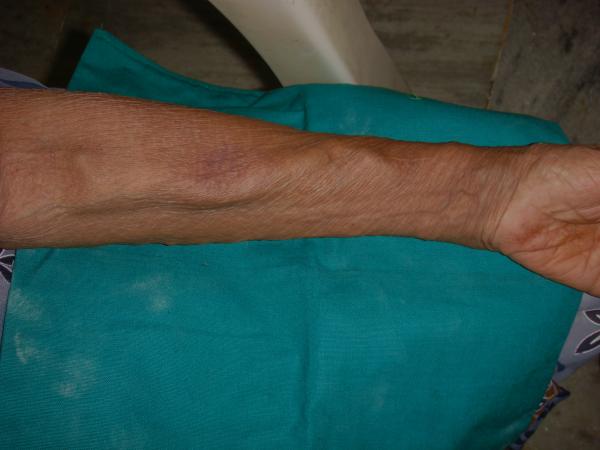
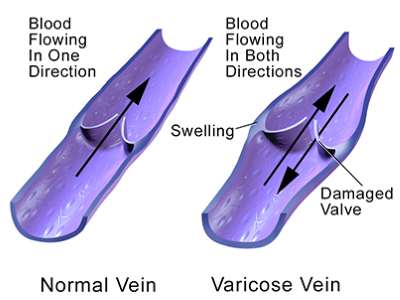

Frequently asked questions

A vascular surgeon is a medical doctor who specializes in diagnosing and treating conditions that affect the circulatory system, including the arteries, veins, and lymphatic vessels. Vascular surgeons are trained in surgical procedures to treat diseases and disorders of the circulatory system, such as aneurysms, peripheral artery disease, and deep vein thrombosis. They also perform minimally invasive procedures, such as endovascular surgery, to treat these conditions. Vascular surgeons work with a team of healthcare professionals to provide comprehensive care to patients with vascular problems.
A vascular surgeon is trained to treat a wide range of diseases and disorders that affect the circulatory system, including:
Aneurysms: balloon-like bulges in the walls of arteries that can lead to life-threatening bleeding
Peripheral Arterial Disease (PAD): a condition that causes reduced blood flow to the legs and feet
Carotid Artery Disease: a condition that affects the blood flow to the brain
Deep Vein Thrombosis (DVT): a blood clot that forms in a deep vein, usually in the legs
Varicose Veins: swollen and twisted veins that can cause pain, swelling, and skin changes
Renal Artery Stenosis: a narrowing of the blood vessels that supply blood to the kidneys
Mesenteric Ischemia: a condition that reduces the blood flow to the small intestine
Thoracic Outlet Syndrome: a condition that affects the blood flow through the neck and arms.
Diabetic foot: Diabetic patients often have foot problems including infections, ulcers or gangrene
Dialysis Fistula: patients undergoing long term dialysis will need AV fistula or other complex procedures to allow dialysis to be done.
Vascular surgeons also treat conditions related to blood circulation and may perform surgery to remove blockages or repair damage to blood vessels.
Vascular Malformations: Vascular tumors, hemangiomas or Malformations are a complex subgroup of Vascular problems which needs specialized care.
One should consult a vascular surgeon when experiencing symptoms or problems related to the circulatory system. Some common indications for a vascular surgery consultation include:
- Leg pain, swelling, or cramping, especially during physical activity
- Ulcers or sores on the legs or feet that do not heal
- Coldness or numbness in the legs or feet
- A sudden, severe headache or change in vision
- Chest pain or difficulty breathing
- Abdominal pain or discomfort
- A pulsating mass in the abdomen or neck
- A family history of aneurysms or vascular disease.
If you have any of these symptoms or have been diagnosed with a condition that affects your circulatory system, it is important to consult a vascular surgeon. They will perform a thorough evaluation and determine the best course of treatment for your specific needs. Early diagnosis and treatment of vascular problems can help prevent serious complications and improve outcomes.
Endovascular procedures: minimally invasive procedures performed through small incisions in the groin or wrist, such as angioplasty and stenting
Aneurysm repair: surgery to repair or remove a bulging blood vessel
Carotid endarterectomy: surgery to remove plaque from the carotid artery, reducing the risk of stroke
Bypass surgery: surgery to redirect blood flow around a blockage in an artery
Amputation: removal of an affected limb in severe cases of peripheral arterial disease
Venous procedures: procedures to treat venous conditions, such as varicose veins and deep vein thrombosis
Thoracic outlet decompression: surgery to relieve compression of the blood vessels and nerves in the thoracic outlet.
Vascular surgeons work with other healthcare professionals to provide comprehensive care to patients and may use a combination of surgical and nonsurgical treatments to achieve the best possible outcomes. The specific procedure or surgery recommended will depend on the patient’s individual needs and the underlying cause of their vascular condition.
Not all diseases related to the circulatory system require surgery. The type and severity of a patient’s condition, as well as their overall health, will determine the appropriate course of treatment. Vascular surgeons may use a combination of medical, surgical and nonsurgical treatments to manage a patient’s condition.
Nonsurgical treatments may include:
Medications: to control pain, manage symptoms, improve circulation or reduce the risk of blood clots
Lifestyle changes: such as diet and exercise, to improve blood flow and overall health.
Endovascular procedures: minimally invasive procedures performed with imaging guidance, such as angioplasty and stenting. Angio embolisation of bleeding vessels or tumors is also done by vascular & endovascular surgeons.
Endovenous laser therapy (EVLT): a minimally invasive procedure to treat varicose veins.
In some cases, surgery may be necessary to diagnose or treat a vascular condition. In these instances, a vascular surgeon will work with the patient to determine the best course of action.
It is important to consult a vascular surgeon if you are experiencing symptoms or problems related to the circulatory system. They will perform a thorough evaluation and determine the best course of treatment for your specific needs. Early diagnosis and treatment of vascular problems can help prevent serious complications and improve outcomes.
Cardiovascular surgeons and Vascular & Endovascular surgeons are both specialists in the field of surgery, but they have different areas of expertise and use different techniques to diagnose and treat conditions affecting the circulatory system.
CardioVascular surgeons specialize in the surgical treatment of conditions affecting the circulatory system of the heart. They are trained perform a range of surgical procedures, including bypass surgeries of heart and valve repairs/ replacement. However, most advanced centres or hospitals in the country and abroad have separate departments and training for cardiovascular and peripheral vascular diseases. The surgeons specializing in treatment of peripheral vascular diseases are called Vascular & Endovascular Surgeons.
Vascular & Endovascular surgeons, on the other hand, provide a balance between open surgical methods and minimally invasive techniques to diagnose and treat conditions affecting the peripheral circulatory system ( apart from heart and brain).
Testimonials

FROM OUR BLOG

Check out our latest updates
Google Reviews

Featured on

Vascular surgeon in Vadodara

Vascular surgeon in Surat

Facebook Feed

Google Reviews





